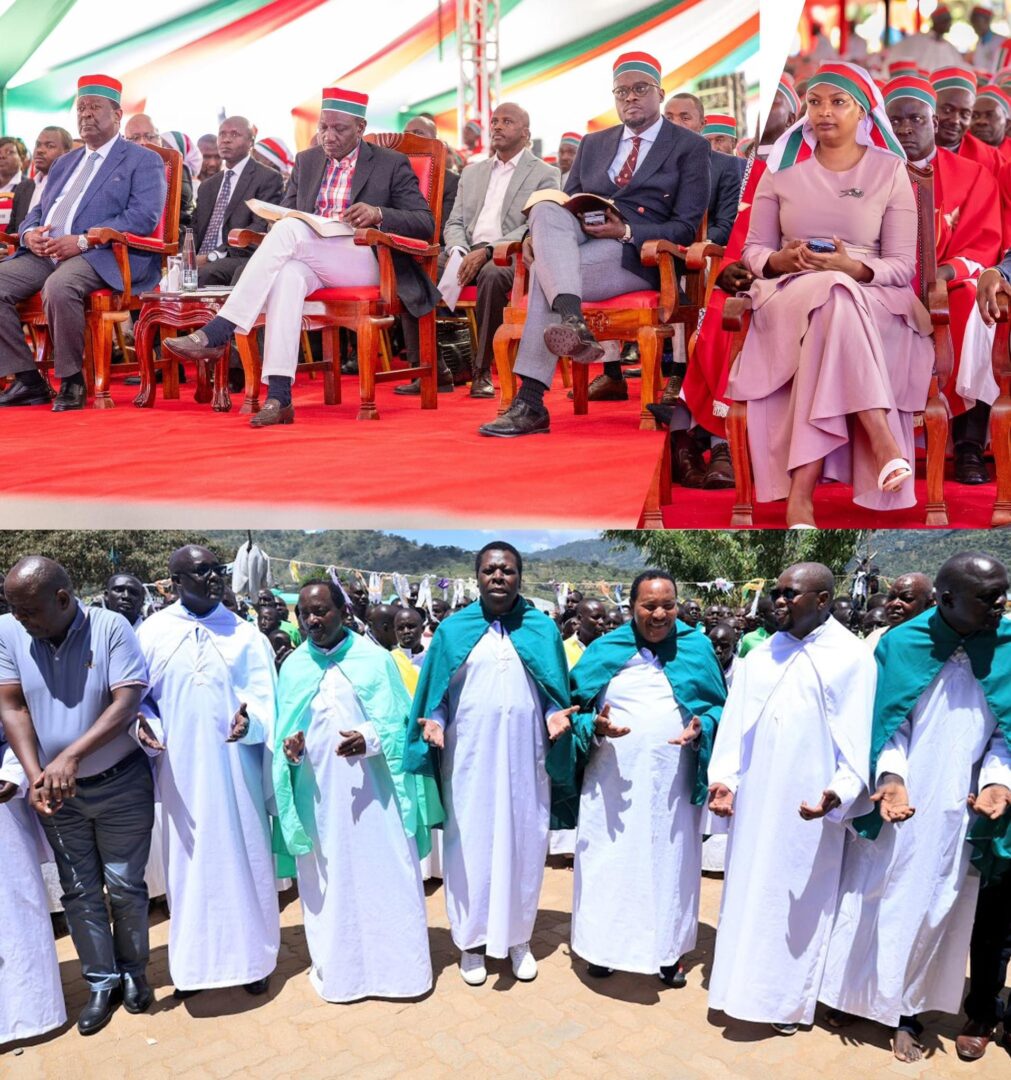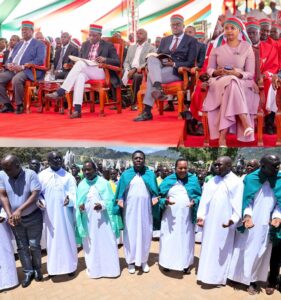
‘Mockery of God’; Mediocracy and The Absurd Misrepresentation of Politics in Churches.


A significant portion of Christian evangelicals in Africa, for instance, back populist politicians. Money, ethnicity, and religion have become the primary focus of national politics in Kenya recently, resulting in a significant weakening of the ability of religious leaders to challenge the political elite.
In recent months, there has been a continuous argument regarding politicians giving large sums of money to churches and individual clergymen in Kenya. Debates have arisen regarding the influence of money on the church-state relationship, as well as the political class co-opting church leaders.
It is clear that money, politics, the church, politicians, and the clergy are inseparable. The rise of prosperity gospel-driven evangelical pastors appears to have undermined the foundational efforts of mainstream church leaders. Recent events have revealed the hidden negative aspects of the Kenyan church, causing it to face challenges in restoring its reputation as the nation’s moral guide. The NCCK, which represents all the protestant churches in Kenya, publicly apologized, recognizing that the Church had failed the Kenyan people.
Because liberal democracy flourishes when there is a clear separation between the secular and religious realms, Kenyans are now questioning the legitimacy and credibility of church leadership due to politicians providing large financial contributions to the churches. However, the state and politicians co-opting religious leaders is not a recent phenomenon. The President’s contribution to churches has highlighted the relationship between church and state, the convergence of faith, politics, and governance matters. The donations have also raised critical questions about the relationship between Christianity and religio-ethnic politics.
An emerging Christian nationalism that is inspired by populist politics in many parts of the world also has many observers worried. Money, economic disenfranchisement and religious ideologies are blamed for this emerging trend- Kenya is not an exemption.
